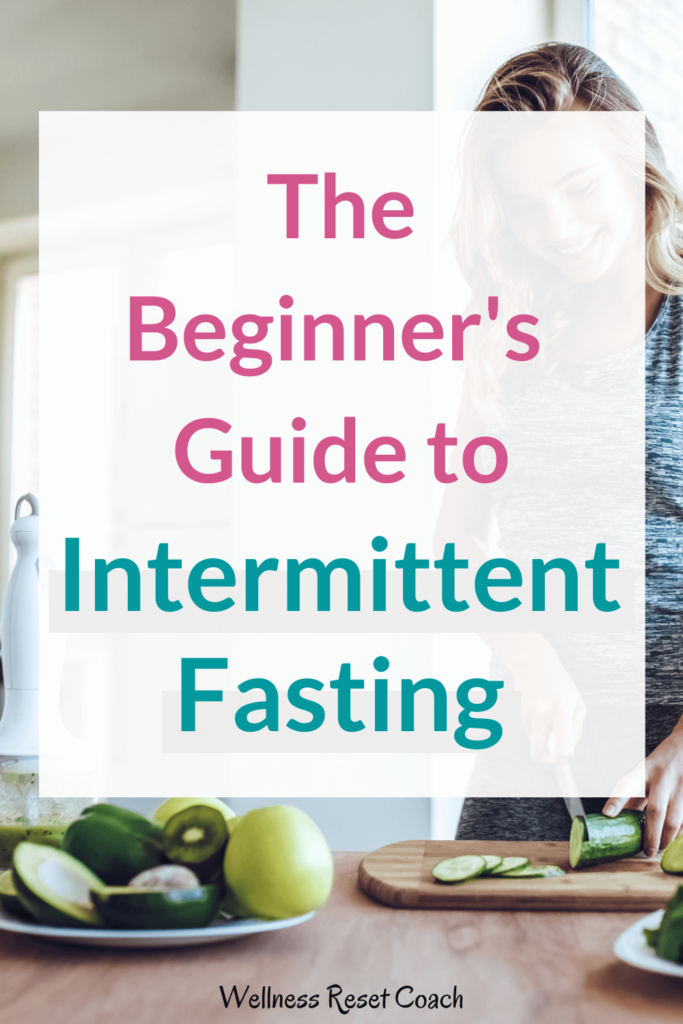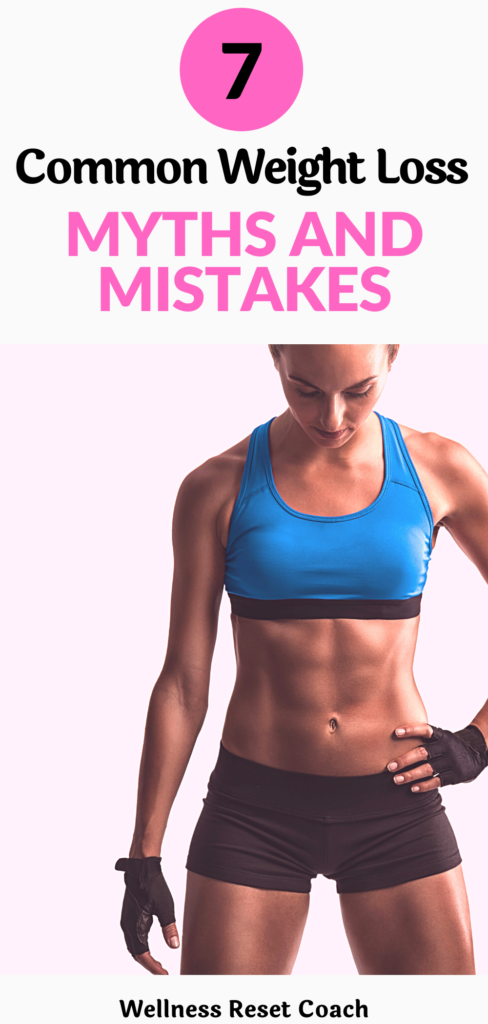

It’s hard to go through any wellness website, YouTube channel, or Instagram without hearing about intermittent fasting.
But what are its supposed benefits?
We’ve put together an intermittent fasting (IF) beginner’s guide for you.
This will go over what intermittent fasting is and how it can help you, including lose weight.
What Experts Say About Intermittent Fasting
In an article published by Dr. Monique Trello from Harvard Medical School, she says, “when combined with a healthy diet and lifestyle, [intermittent fasting] can be a particularly effective approach to weight loss,”.
What is intermittent fasting?
IF has nothing to do with what you eat but everything to do with when you eat.
During IF, you only eat and drink during consistent, scheduled time blocks of the day or week.
Outside of those time blocks, you abstain (fast) from eating or drinking anything with the exception of water.
Think of IF like a 9 to 5 job: you work during the same hours everyday of the week. With fasting, you eat on the same schedule every day (or week) in order to maximize weight loss.
Like many healthy habits, IF takes consistency in order to really work. It’s normal for people to feel hungry when they’re first getting started.
What are the benefits of intermittent fasting?
The more we learn about IF, the more we come to appreciate it.
IF is an amazing strategy for weight loss.
It works like this: When you eat, your body breaks down food into sugars that it uses as fuel.
If you eat more food than what your body uses as fuel, that extra sugar gets stored in fat cells. However, during intermittent fasting, your body releases sugar from your fat cells and burns up body fat.
Additionally, scientific research shows that IF may also lead to:
• Improved memory
• Better heart health
• Increased physical performance
• Healthier body tissue
Get started: Intermittent Fasting Beginner’s Guide
Schedule for intermittent fasting
The first step to get going with IF is deciding what your eating schedule will look like.
To begin with, choose whether you will go on a daily or weekly fasting schedule:
Daily routine – For every day of the week, you fast during the same hours each day.
Weekly routine – Certain days of the week you eat normally and other days you either fast or eat one small meal.
Research does not show whether daily or weekly fasting is better. So, you can decide which one works best for you!
Second, if you’re doing a daily fast plan, decide how long your fasts will last for.
Experts suggest that fasts should not be longer than 15 hours for women and 16 hours for men.
Intermittent Fasting Beginner’s Guide: Example Schedules
- Daily: The 15/9 or 16/8 plan – Eat 2 to 3 meals within a 9 or 8 hour period and then fast for the remainder of the day. Try to have your last meal of the day a couple of hours before going to bed at night.
- Weekly: The Alternate-Day plan – Alternate between days of eating normally with days of eating only one meal worth a hundred calories or not eating at all.
- Weekly: The 5:2 plan – Choose 5 days of the week to eat normally and then 2 non consecutive days to eat only one 500 to 600 calorie meal.
- Weekly: The Eat-Stop-Eat plan – Choose 5 days of the week to eat normally and then 2 non consecutive 24 hour periods to not eat at all. For example, if you eat normally on Friday and then fast on Saturday, the time that you finish your last meal on Friday is the time you can eat at on Saturday. If you finish eating at 8pm on Friday, then the next time you can eat is at 8pm on Saturday.
Intermittent Fasting Beginner’s Guide: Meal Plan
While IF has some great benefits, you won’t see results unless you are following a healthy meal plan. Fasting won’t do you good if your diet is made up of pizza and cupcakes.
If you’re already happy with your current meal plan and its recipes, you don’t need to make any changes.
However, if you are an intermittent faster, you should load up on lean proteins plus fibrous vegetables and fruits. These foods will help keep you energized during your fasts.
Intermittent Fasting Beginner’s Guide: Exercise Plan
Exercise can become more challenging when doing IF. You need energy for movement and that energy is dependent on your meal schedule.
In order to get exercise right with IF, follow these simple rules of thumb:
- If you’re weightlifting, be sure to eat both before and after exercise. Plan to weight lift in between your meals.
- If you’re doing cardio, it’s okay to do it while fasting. For example, you can go for a run without eating anything.
Intermittent Fasting Beginner’s Guide: The Bottom Line
Along with nutritious meals and exercise, IF can help you lose weight and lead a healthier life.
It also goes without saying, that IF will certainly test your will power!




